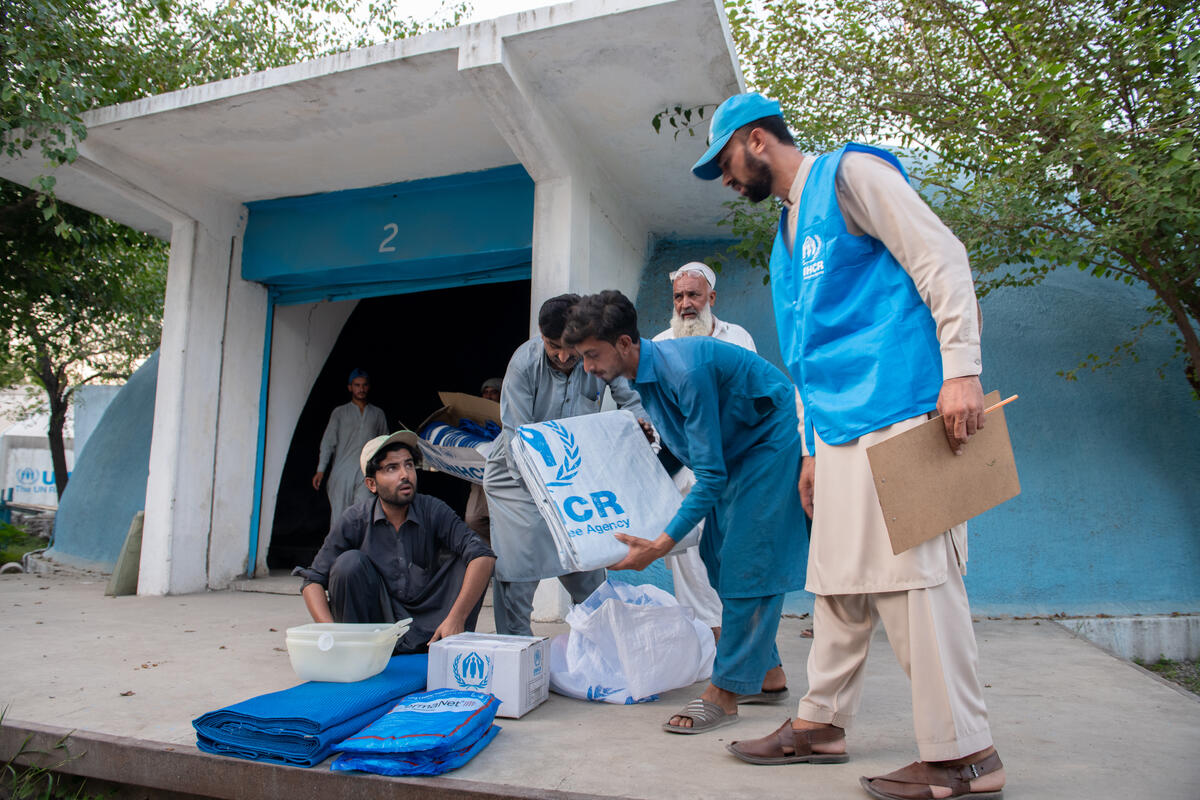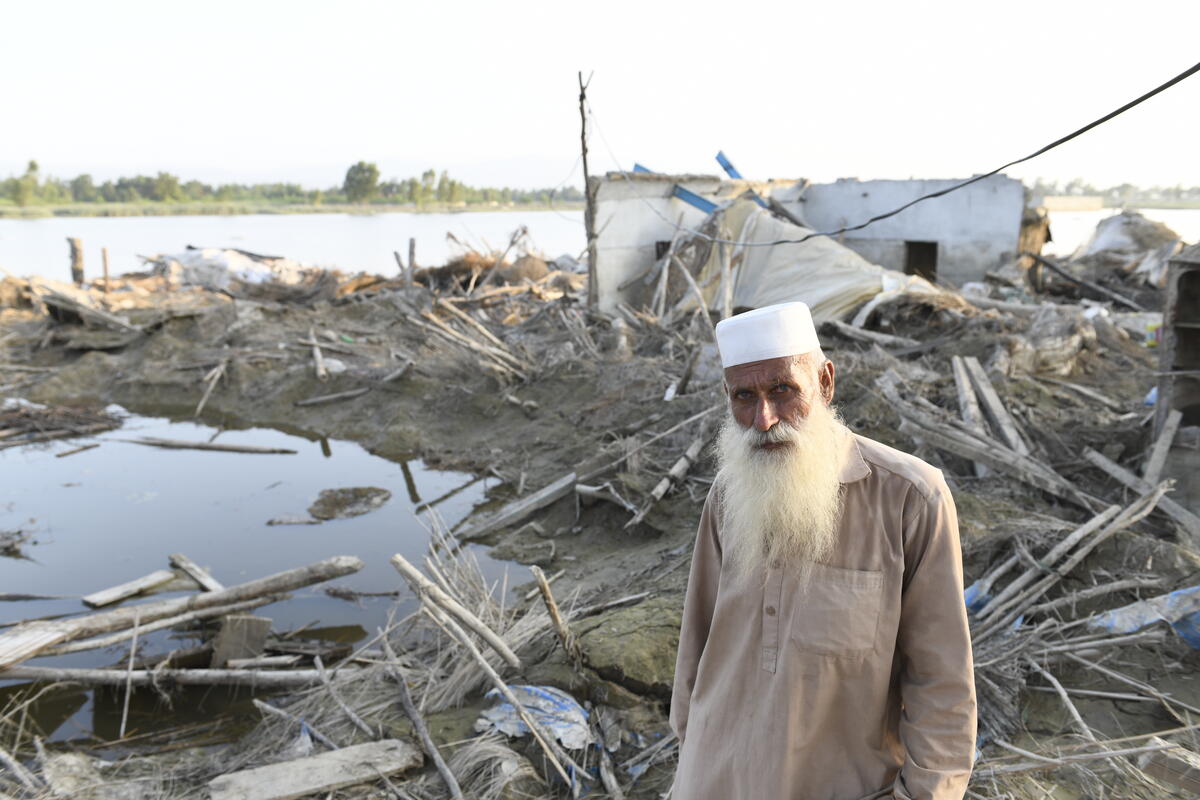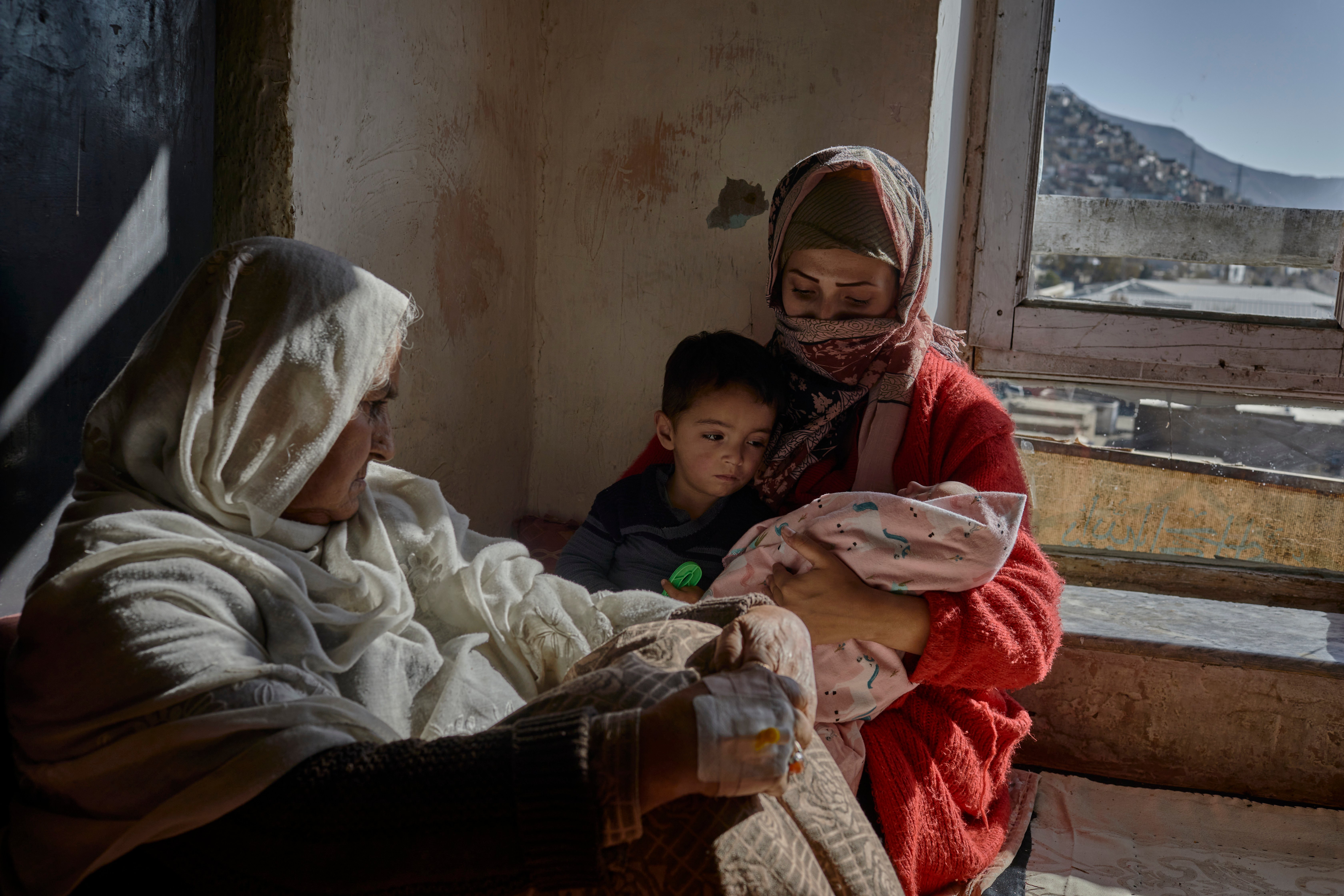Afghanistan Humanitarian Update No. 62
Afghanistan Humanitarian Update No. 62
7 June 2002
Editorial advisory: The international effort to rebuild Afghanistan and provide a sustainable future for its people urgently needs support. Contributions are increasingly insufficient and slow to arrive, hampering the relief effort. Here's a snapshot of what Afghans are returning to:
- More than 900,000 refugees have voluntarily repatriated to Afghanistan since March 1 when the Afghan Interim Administration and UNHCR started to assist returnees. More than 100,000 returned this week alone. Another 200,000 Afghans have gone back spontaneously since the Taliban fell, with most arriving from Pakistan and Iran. More than 160,000 internally displaced persons (IDPs) have also been assisted home while many others have gone back on their own.
- UNHCR is not promoting return to Afghanistan, and warns Afghans about the security situation, the lack of basic services and the land-mine threat facing many areas.
- Despite precarious conditions inside their homeland, the Afghan repatriation is already the largest and fastest the UN refugee agency (UNHCR) has witnessed since Iraqi Kurds returned home in 1991, also surpassing the massive 1999 return to Kosovo. UNHCR estimated at the beginning of the year that there were some 3.7 million Afghan refugees world-wide, mainly 2 million in Pakistan and 1.5 million in Iran; governments put the refugee numbers even higher.
- The Afghans' enthusiasm for return has exceeded expectations, straining aid agency resources and Afghanistan's fragile absorption capacity. Meanwhile, the declining pace of donor contributions is affecting many agencies, with some unable to provide much-needed reintegration assistance, transport or food aid, jeopardizing the sustainability of the refugees' return.
- Food stocks are low due to the four-year drought, exacerbated by Afghanistan's long-time economic collapse. Afghans returning to the south under the U.N.'s assisted return programme currently receive no wheat, while in other areas they get only one-third of the planned food ration; these people do get vouchers so they may later collect their wheat.
- UNHCR had planned to assist up to 1.2 million Afghans home this year, but it has now tripled the planning figure for Pakistan alone to 1.2 million, while also expecting 400,000 to return from Iran and that another 400,000 IDPs would be assisted homewards.
- Without fresh contributions, the U.N. refugee agency will run out of funding by the end of June. UNHCR requires $271 million through year-end, but has so far received only $180 million. UNHCR's relief effort is entering its most costly phase, with expenses running at $20 million a month. The agency operates nearly 30 offices throughout Afghanistan, with more than 500 national and international staff. UNHCR plans to fund 96,000 basic shelter kits this year, with partners already identifying needy families to receive the first 30,000 kits.
- Due to the unexpected scale of the voluntary returns and the fact that UNHCR has had to take on new functions, field staff are reviewing 2002 planning and budget figures. If fresh contributions do not arrive, UNHCR will have to consider some very hard choices, including possibly reducing or even halting assistance to future returnees.
- The international community must fulfil its commitments to aid Afghanistan and meet the needs of the Interim Authority. Widespread and festering poverty and the continuing aid gap cannot be permitted. Without a smooth transition from relief to development, the lack of employment, food, shelter and basic services could see Afghanistan again suffer displacement and insecurity.









